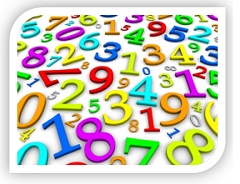Time limit 2000/4000/4000/4000 ms. Memory limit 65000/65000/65000/65000 Kb.
Question by Ibrahim Mesecan.
Min Distance
 If you have the series 10 7 3 5: The difference
between the consecutive numbers is:
If you have the series 10 7 3 5: The difference
between the consecutive numbers is:
- The difference between 10 and 7 is 3
- The difference between 7 and 3 is 4
- The difference between 3 and 5 is 2
Then, the sum of consecutive differences is
9. If you calculate
sum of consecutive differences of the same series
when they are in this order: 3 7 10 5:
- The difference between 3 and 7 is 4
- The difference between 7 and 10 is 3
- The difference between 10 and 5 is 5
Then, the sum of consecutive differences is 12.
Question: You are
asked to read a sequence of numbers and find
the sum of consecutive differences such that
the result is minimum.
Input specification
You will be given an integer (n) number of numbers
where 0 ≤ n ≤ 10,000.
Then, in the following n lines you will be given
n integers where each number is between
-100,000 and +100,000.
Output specification
Show one number: minimum sum of differences
between consecutive numbers.
Sample Input I
6
1
5
3
4
7
2
|
Sample Output I
6
|
Для отправки решений необходимо выполнить вход.
|